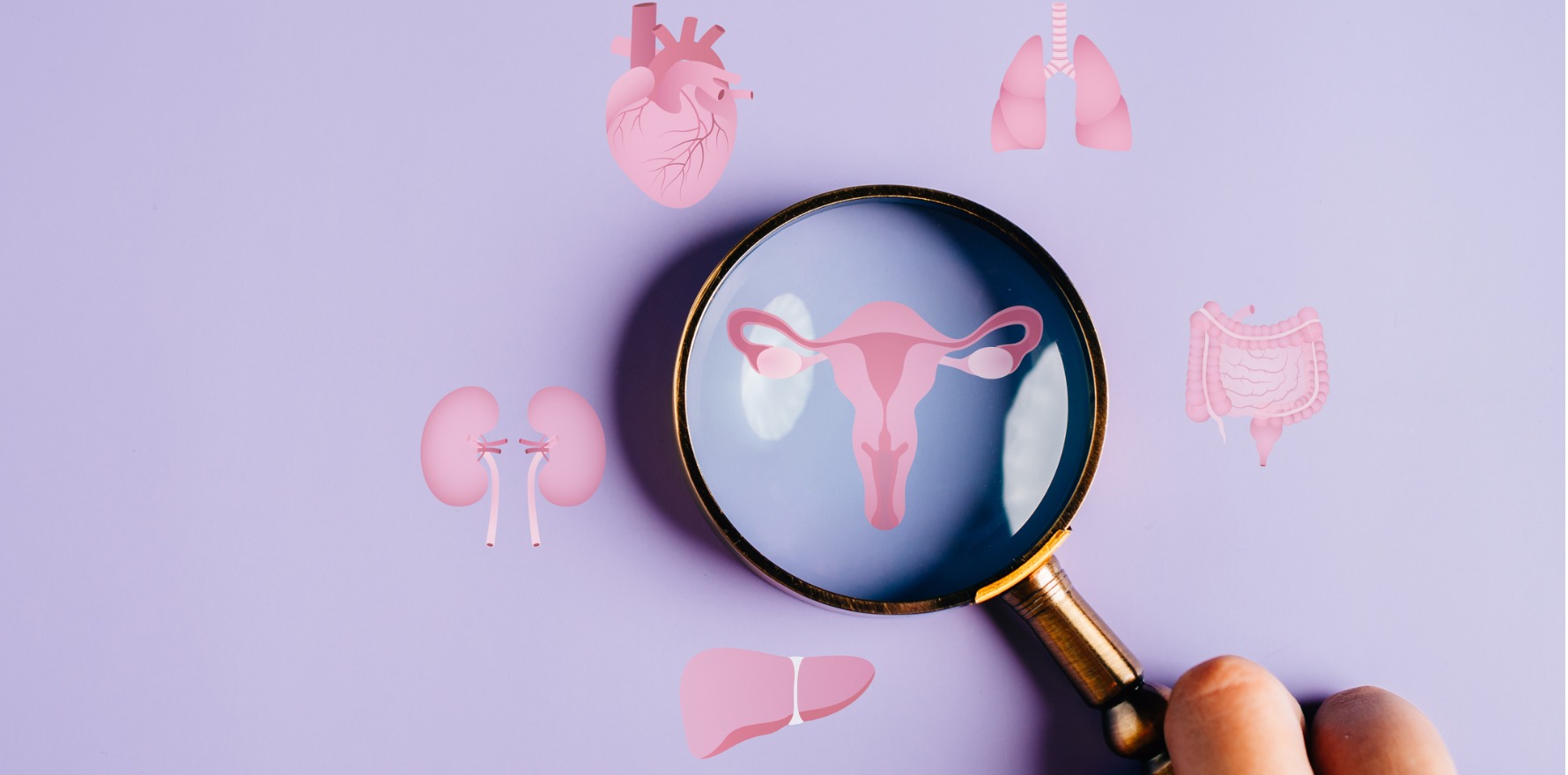There is a serious mental health burden on women with polycystic ovary syndrome.
Women with polycystic ovary syndrome (PCOS) are on average eight times more likely to attempt suicide, a long-term study has concluded.
The Taiwanese study of over 200,000 women, 19,000 of whom had PCOS, found those aged 20-40 were at more than nine times the risk of attempted suicide than those in the same age group without PCOS.
Previous studies have highlighted the prevalence of mental health disorders among women with PCOS.
Professor Helena Teede, endocrinologist and director of Monash Centre for Health Research Implementation at Monash University told TMR that this was an important finding to flag.
“We clearly need much more research around this,” she said.
“These women have much higher rates of depressive symptoms, anxiety symptoms and eating disorders. They can have low self-esteem, poor body image and lower quality of life.”
Regular mental health screening with PCOS is currently recommended, and while not all women with PCOS will experience all of these symptoms, Professor Teede emphasised the need to be aware of the extreme effects they can have on an individual’s psychological wellbeing.
“The biggest concern from women’s point of view is that these aspects of PCOS are not taken seriously,” she said.
“They’re not assessed, and they’re not treated. The big emphasis in the guidelines is that it’s all about the woman’s experience. An individual woman who is in front of you at that time in her life with those symptoms; what are her biggest problems and how do we help her?”
Professor Teede explained that if a woman were to see a dermatologist for example, it may be all about her hirsutism without enough focus on the impact of this hirsutism on her psychological wellbeing, body image and quality of life.
“That extension [from the symptom] to the impact it has on the person is often quite poorly appreciated,” she said.
“It’s often acknowledging the impact of the condition and providing knowledge and empowerment that will improve mood. It is so important to empower women and make them proactive about their PCOS.”
Related
Professor Teede said while the findings are important, this study may not account for patients with less severe PCOS symptoms, and they might not be truly representative of the broader PCOS community. However, it did highlight the need for more research, she said.
“Classically, PCOS status is not very well recorded. Studies based on codes often end up capturing only the most severe cases, usually one in 16 of the actual number – a 0.7% prevalence instead of the more accurate 12%. These most severe cases of PCOS are often the most severely psychologically affected,” she explained.
“We need to dig much deeper and broader. We need further study into the risk of self-harm, suicide attempts and suicide in the broader population with PCOS.”
Professor Teede recommended women diagnosed with PCOS use the AskPCOS app. The free app, developed by Monash University using NHMRC approved guidelines, has a strong focus on psychological wellbeing and is available in multiple languages.
It helps normalise symptoms and feelings but also encourages women to seek help and know when to raise questions with their health professionals.





